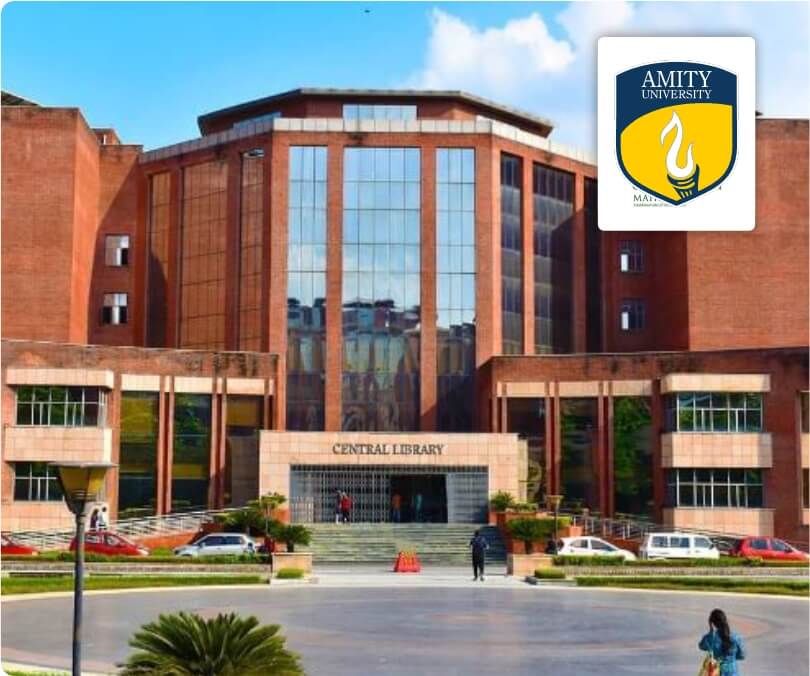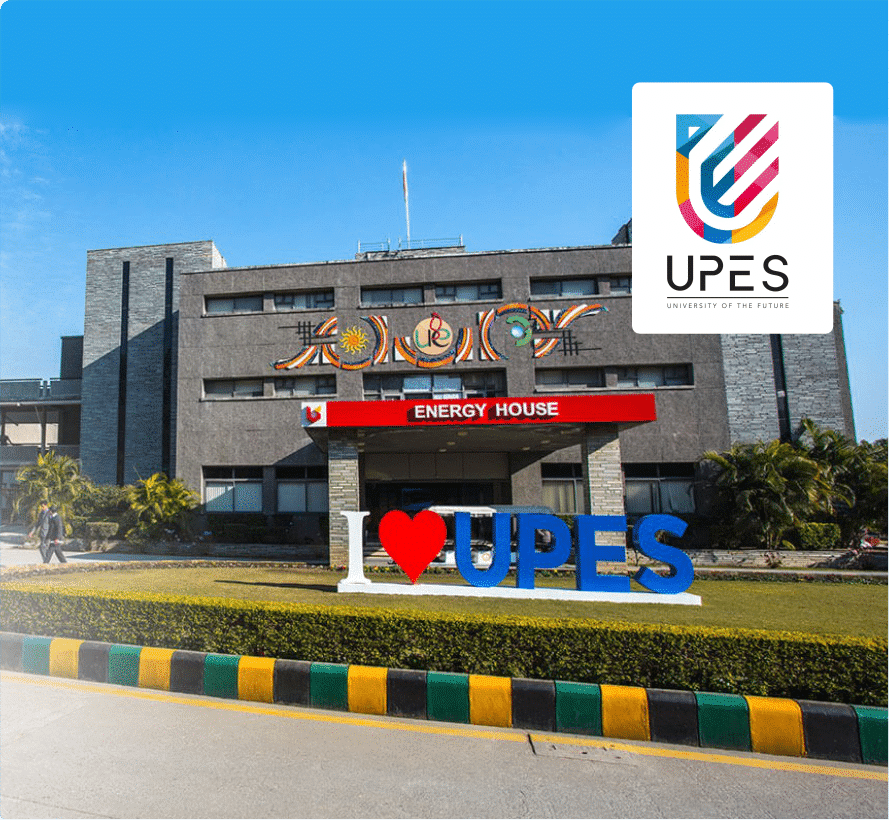
Online MA in Economics vs Online MSc in Maths: Which One Is Right for You
Choosing between an Online MA in Economics and an Online MSc in Maths can be a tough decision. Both programs offer different paths that can shape your career, but the right choice depends on your personal interests, career goals, and strengths. Online MA in Economics focuses on understanding how economies work, making policies, and studying financial markets, while Online MSc in Maths is all about solving problems, analyzing data, and using mathematical models. Each degree offers unique opportunities and challenges.
In this blog, we will explore the differences between these two degrees to help you decide which one suits your goals.
Online/Distance MBA Universities In Other Cities
What is an Online MA in Economics?
An Online MA in Economics is a postgraduate program that focuses on understanding economic theory, policy analysis, and the broader economic environment. It includes subjects such as microeconomics, macroeconomics, econometrics, and international trade. The program is more theory-driven and focuses on using economics to understand and solve real-world problems.
The duration of an Online MA in Economics is 2 years, but it may vary depending on the university or program structure. It is also UGC-recognized, meaning it is accredited by the UGC, ensuring that the degree is valid and recognized by employers and institutions across India.
What is an Online MSc in Maths?
An Online MSc in Maths is a more technical degree centered on advanced mathematical concepts, problem-solving, and mathematical modeling. Students study topics such as algebra, calculus, statistics, and computational Maths. This degree is more analytical and technical, preparing graduates for roles in research, technology, and industries that require strong quantitative skills.
The duration of an Online MSc in Maths is 2 years, though it may vary based on the university or specific program. It is also UGC-recognized, ensuring the degree is valid and widely accepted by employers and academic institutions across India.
Key Differences Between Online MA in Economics and MSc in Mathematics
Choosing between an Online MA in Economics and an Online MSc in Mathematics can be tough, as both offer unique benefits and career opportunities. Both programs help you build strong problem-solving and thinking skills, but they focus on different subjects and lead to different career options. Below is a comparison of the key differences between the two courses.
| Aspect | Online MA in Economics | Online MSc in Mathematics |
|---|---|---|
| Course Focus | Focuses on economic theories, policies, and real-world applications. | Focuses on advanced mathematical concepts, theories, and problem-solving. |
| Core Subjects | Microeconomics, Macroeconomics, Econometrics, International Economics | Algebra, Calculus, Differential Equations, Probability Theory |
| Career Opportunities | Economist, Policy Analyst, Economic Consultant, Researcher | Data Scientist, Mathematician, Researcher, Financial Analyst |
| Skills Developed | Analytical skills, critical thinking, economic modeling, statistical analysis | Mathematical modeling, analytical thinking, problem-solving, statistical analysis |
| Duration | 2 years (varies by university) | 2 years (varies by university) |
| Target Audience | Those interested in economics, business, and policy making | Those interested in pursuing careers in research, education, or technical fields |
| Mode of Learning | Primarily theory-based with some practical case studies | Heavy focus on theoretical knowledge and mathematical problem-solving |
| Job Market | Growing demand in government, finance, and international organizations | Strong demand in sectors like technology, finance, and academia |
| Salary Potential | ₹6-10 LPA (Economist, Policy Analyst, Economic Consultant) | ₹8-15 LPA (Data Scientist, Mathematician, Financial Analyst) |
Career Opportunities After Online MA in Economics
An Online MA in Economics offers many job opportunities in different fields. Graduates gain the skills to understand economic trends, help shape policies, and contribute to financial planning. Here are some career options you can explore after completing this degree:
Economic Analyst
- Analyze economic data to provide insights for businesses, governments, or financial institutions.
- Specialize in market trends, economic forecasting, and policy analysis.
Policy Advisor
- Work for governments, think tanks, or international organizations to design and evaluate economic policies.
- Focus on areas like public health, education, environment, and taxation.
Financial Consultant
- Offer advice to businesses or individuals on financial strategies, investments, and market trends.
- Help clients make informed decisions on budgets, forecasts, and asset management.
Researcher in Economics
- Conduct research on economic topics in universities, research institutes, or private sector firms.
- Publish reports, papers, and studies on various economic issues.
Public Sector Roles
- Work with government agencies, international organizations (like the UN or World Bank), or non-profits.
- Engage in roles related to economic development, public finance, and international trade.
Data Analyst
- Analyze economic data to identify trends and make data-driven decisions.
- Work in industries like banking, finance, insurance, or marketing.
Market Analyst
- Research and analyze market trends, consumer behavior, and competitive strategies.
- Work for consulting firms, large corporations, or marketing departments.
Financial Planner
- Help individuals and organizations plan their finances by analyzing economic factors.
- Provide advice on retirement, investments, estate planning, and tax strategies.
Lecturer/Professor in Economics
- Teach economics at the university or college level.
- Share knowledge through lectures, seminars, and academic research.
Career Opportunities After Online MSc in Maths
The career opportunities after an Online MSc in Maths are vast, especially in industries that require strong analytical and problem-solving skills. Whether you choose to work in data science, finance, teaching, or research, this degree opens doors to various high-demand fields. Here are some key roles:-
Data Scientist
- Analyze large sets of data to find trends and patterns.
- Work in industries like technology, finance, healthcare, and retail.
Actuary
- Assess risks and uncertainties in insurance, finance, and pensions.
- Use mathematical models to predict future events and help organizations plan financially.
Maths Teacher/Professor
- Teach Maths at the school, college, or university level.
- Share your knowledge by educating future generations of mathematicians.
Financial Analyst
- Analyze financial data to help businesses and individuals make investment decisions.
- Work in banks, investment firms, and corporate finance departments.
Operations Research Analyst
- Use mathematical models and analytical methods to help organizations solve problems and improve decision-making.
- Work in industries like logistics, manufacturing, and supply chain management.
Statistician
- Use statistical methods to collect and analyze data.
- Work in government agencies, research institutes, or private companies to support decision-making.
Quantitative Analyst
- Develop mathematical models to analyze financial markets and assist with investment strategies.
- Work in hedge funds, investment banks, or other financial institutions.
Software Developer
- Apply mathematical logic and algorithms to create software solutions.
- Work for tech companies, research labs, or in the development of applications.
How to Choose the Right Program
When deciding between an Online MA in Economics and an Online MSc in Maths, it’s important to evaluate your career goals, personal interests, and strengths. Here are some pointers to help you make the best decision:
1. Consider Your Career Goals
If you want to work in fields such as public policy, economic research, or finance, an Online MA in Economics would be more suitable.
If you’re aiming for a career in data science, actuarial science, technology, or academic research, an Online MSc in Maths may be a better fit.
2. Evaluate Your Interests
If you’re passionate about understanding economic systems, global financial markets, and societal issues, the MA in Economics will allow you to dive deep into these areas.
If you have a strong interest in mathematical theory, problem-solving, and analytical thinking, then the MSc in Maths will be a rewarding path.
3. Assess Your Strengths
If you excel at analyzing data, understanding trends, and exploring the effects of policy on society, an Online MA in Economics will allow you to apply those strengths.
If you’re more comfortable with numbers, equations, and abstract reasoning, an Online MSc in Maths will provide the environment to nurture and enhance those skills.
4. Think About Job Opportunities
Graduates of the Online MA in Economics often work in roles like economic analyst, policy advisor, financial consultant, or government strategist.
Graduates of the Online MSc in Maths are well-suited for careers in data analysis, software development, research, and technical roles across industries.
5. Match Your Learning Style
If you prefer theoretical analysis, working with models and exploring concepts related to human behavior, economic trends, and policy, the MA in Economics offers a more conceptual approach.
If you enjoy solving mathematical problems, conducting quantitative research, and working with complex algorithms and data sets, the MSc in Maths might better match your learning style.
6. Consider Future Growth
The Online MA in Economics opens doors to positions in economics research, governmental bodies, NGOs, and business consulting, all of which offer significant career advancement opportunities.
The Online MSc in Maths is in demand in fields like data science, finance, technology, and education, all of which have strong growth prospects in the coming years.
Top Online MSc Universities in India
Online education in India has grown a lot, offering many Master’s programs in different fields. Many top universities now offer online MSc in Maths programs, making it easier for students to learn from anywhere. Here is a list of some of the best online MSc universities in India.
| University | Fees (INR) |
|---|---|
| LPU Online | 18,000/-Per Semester |
| Chandigarh University Online | 25,000/-Per Semester |
| VGU Online | 16,500/-Per Semester |
| Mangalayatan University Online | 12,000/-Per Semester |
Top Online MA Universities in India
Online education in India is growing, with many universities offering specialized Master’s programs. For students interested in Economics, several top universities now offer online MA in Economics programs. Below is a list of some of the best online universities in India offering MA in Economics.
| University | Fees (INR) |
|---|---|
| Jain Online | 22,500/-Per Semester |
| Chandigarh University | 25,000/-Per Semester |
| Aligarh Muslim University | 7,750/-Per Semester |
Conclusion
Both an Online MA in Economics and an Online MSc in Maths offer unique opportunities for career growth. The right choice depends on your passion for economics versus Maths, and the type of career you envision for yourself. If you are interested in working in policy, economics, or finance, an MA degree in Economics can provide you with the theoretical knowledge and practical skills needed.
If you prefer a more technical, analytical role in fields like data science, engineering, or research, the MSc in Maths could be the perfect fit. Take time to assess your goals and strengths before making a decision, and choose the program that will best help you achieve your aspirations.
Most Popular Blogs

Online BCA Courses in Jain University Online

Distance Education at Pondicherry University

Top 4 colleges to pursue Distance BBA in Andhra Pradesh

What are the top distance BSc colleges in Kerala

Know about the top 3 distance BCom universities in Madhya Pradesh



















